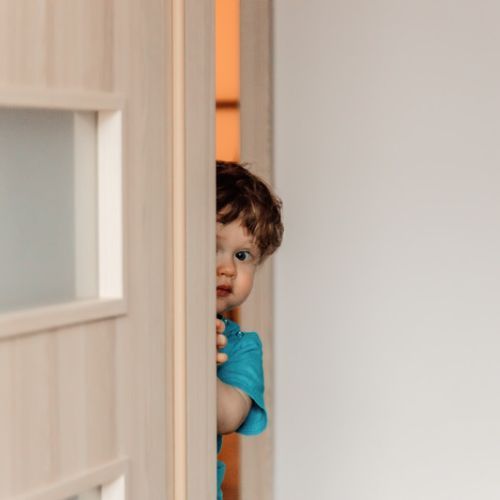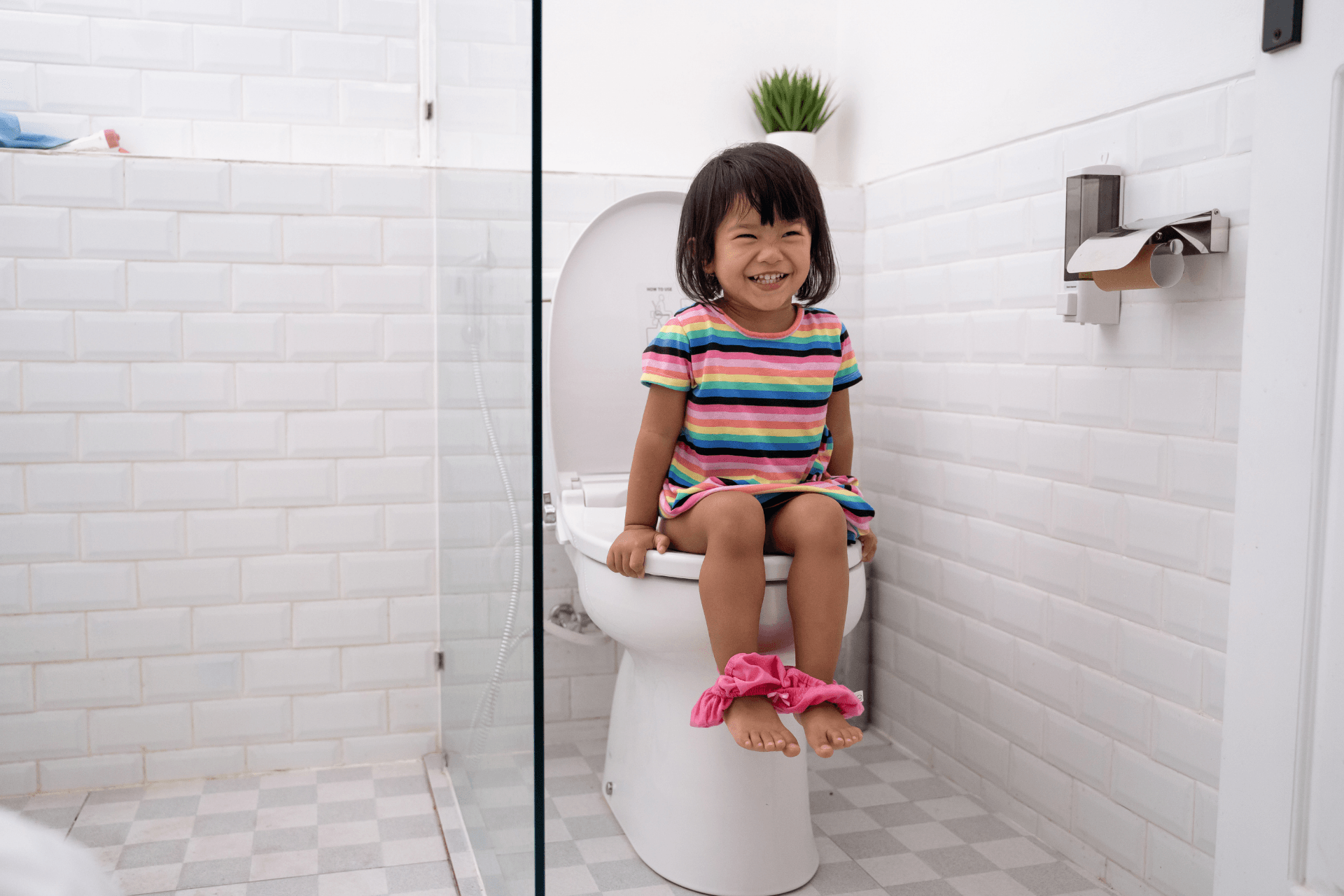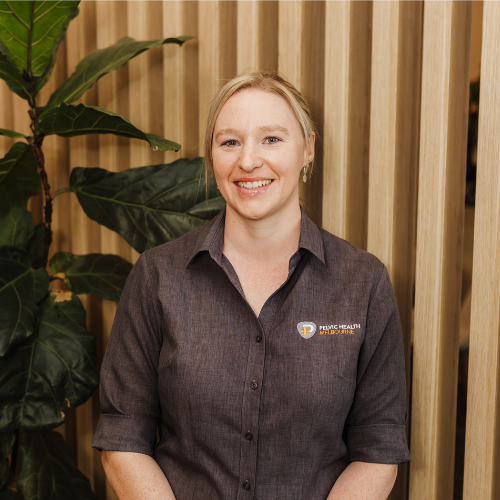Nightime Wetting

Nightime Wetting


Bedwetting is very common in young children but generally won’t cause any lasting problems. It can be embarrassing for them and stressful for families so seek some help to prevent those night-time accidents.
Why do children wet at night?
The loss of bladder control during sleep is called bedwetting. Children will often have control of their daytime wetting before they control their night-time wetting. Most children will stop wetting the bed in their own time, but some may still occasionally wet the bed until they are about eight years old.
Signs and symptoms?
- When will my child grow out of bedwetting?
- How can I help my child with bedwetting?
- My child has a school camp coming up and I’m worried because they still wet the bed? What can I do?
- Are bed wetting alarms an option for my child?
Common causes of bed wetting?
- A smaller bladder capacity can be a factor
- A child who is a deep sleeper may not wake when their bladder is full
- Bedwetting tends to run in families so if one or both parents were bed wetters, genetics may play a part
- If your child has increased daytime bladder frequency they are likely to have an increased nighttime frequency also
- Constipation can have an impact on bed-wetting
- Other medical conditions
If your child still experiences daytime accidents past the age of 4 or you have been unsuccessful with toilet training for their bladder, or if persistent bedwetting occurs without your child waking we can help
How you can help your child?
- Be patient and supportive of your child. Encourage and involve your child in their treatment.
- Bedwetting alarms used correctly have an 80+% success rate in resolving nighttime wetting
How we can help?
Physiotherapy help with kids bedwetting?
Our treatment is highly individualised and based on the findings of an assessment and your family’s goals. Treatment can include:
- Getting you to complete a bladder diary for your child to provide an insight into possible causes or triggers.
- Bedwetting alarms - which teach your child to wake up to the feeling of a full bladder by waking your child with an alarm when they wet the bed. The alarm can be used on the bed or in your child's underpants.
- Strategies to help you and your child manage their bed-wetting on a school camp
Related Blogs
More Information
Find out more information


03 9325 1511
info@pelvichealth.melbourne
ABOUT US
While you don’t talk about pelvic health every day, we do. Our team of specialised physiotherapists are highly skilled and more importantly, have the emotional intelligence to help you through whatever challenges you’re facing. Talk to us today.
ABOUT US
While you don’t talk about pelvic health every day, we do!
Our team of pelvic health therapists are passionate about helping you through whatever challenges you’re facing. Talk to us today.

We acknowledge the Traditional Owners of the land where we work and live, the Bunurong and Wurundjeri peoples of the Kulin Nation and pay our respects to Elders past and present. We celebrate the stories, culture and traditions of Aboriginal and Torres Strait Islander Elders of all communities who also work and live on this land.









